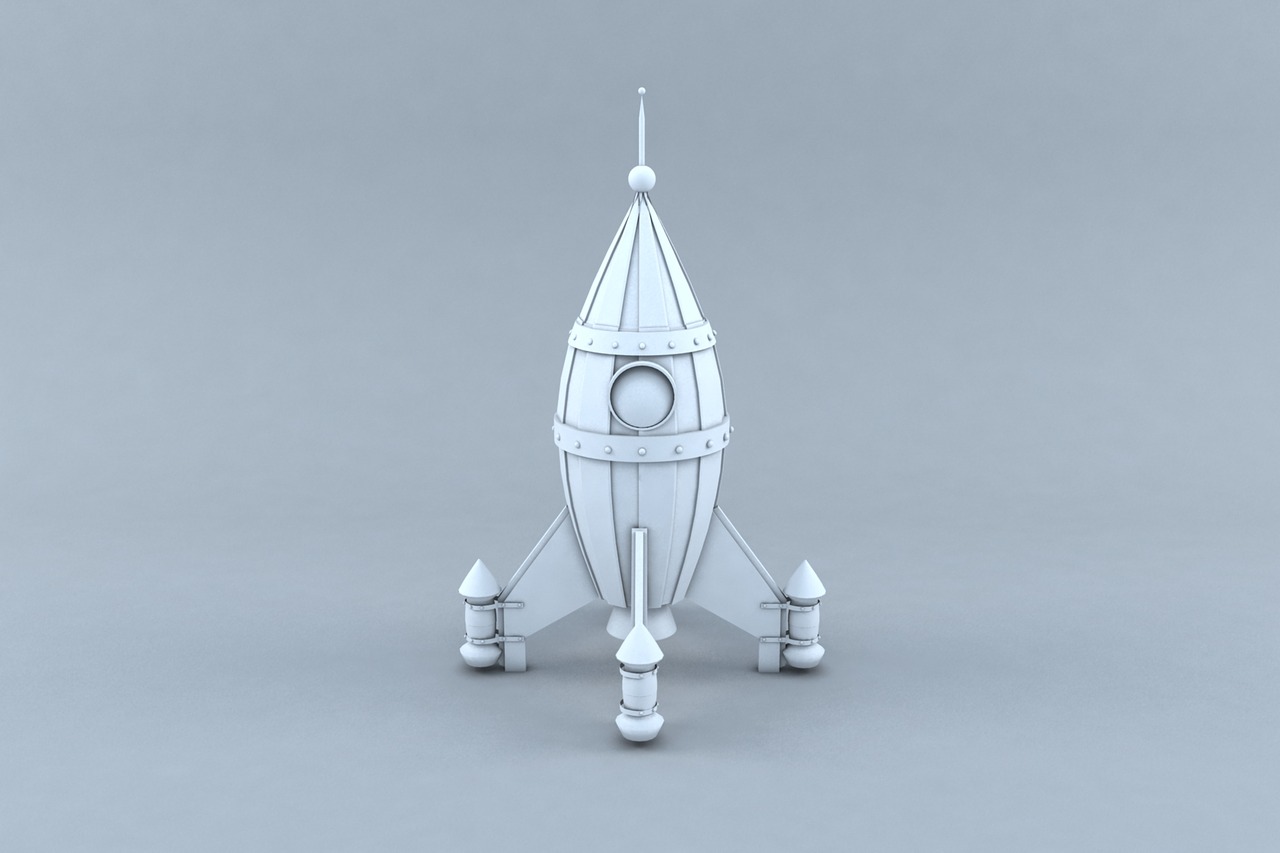1 – Vocals
Your voice may not be your primary instrument, although learning to sing will increase your value as a musician. Singing and playing guitar at the same time can be tricky and will probably require some work on your part, but it will be well worth it in the long run. If vocals don’t come naturally to you then you may want to consider going to a vocal coach for some lessons. Singing does not necessarily entail lead vocals, as harmonies are just as important. Many successful bands usually have very strong backing vocals, which often tends to go unnoticed because they are “in the background” so to say. Live acts looking to hire musicians will always favor those musicians who can sing and play. This means no extra money needs to be spent on hiring additional backup vocalists.
2 – Sound
Getting good tone out of your amplifier is half the battle won. Your guitar should not only sound great through the amplifier itself, but through the front of house PA system too. After all, most of what your audience is going to hear will originate from the PA system. This means that you should take the necessary steps to ensure your amp is miced up correctly and the appropriate EQ settings are applied on the mixing desk. If you have a good audio engineer this can be a huge help. The sound of your guitar through the PA system is not only what the audience is hearing, but it also affects what you hear and how your instrument will play! If you don’t have a skilled sound engineer, you may want to consider taking a basic sound course in order to obtain the necessary skills required for EQ’ing your guitar on your own. Get it right and you’ll never be told by audience members that they can’t hear the lead solos.
3 – Preparation
Have you ever played a live show where the “vibe” just wasn’t right and nothing went as planned? The best way to avoid these kinds of circumstances is to be as prepared as possible. You want to avoid being thrown by mistakes or drawing blanks when playing live. Although these are the kind of things that are sometimes difficult to avoid, you should work towards not being affected by them. This may not happen when playing live for the first time, however you should try and make every show you play better than the last. Knowing your material to the best of your ability goes without saying, but you also want to know how to deal with mistakes when they crop up. This may not necessarily only contribute to your own mistakes. If someone else in the band misses a queue, you need to know how you’re going to work around it while remaining professional.
4 – Versatility
As a musician, you should employ a number of different attributes that will allow you to execute a song in the best way possible. Playing music is always about putting the song first, and only playing what’s right for the song. On average, most rock songs consist of about 80% rhythm and 20% guitar solo’s. Therefore if you’re dedicating all your time to playing a great solo, you’re missing out on 80% of the song. Great rhythm chops can go a long way in getting the best performance out the vocalists and other band members. In addition to this, you should also employ attributes such as dynamics. Dynamics help to draw the listener in with varying degrees of volume. This is an extremely important factor that many musicians miss out on. Playing your entire set at the loudest possible volume will result in a monotonous listening experience for your audience.


Great post, this is not something a lot of people think about, especially the ones who know they cant sing. I’m sure a lot of us have tried to sing, and then quit because of a horrible singing voice. But this doesn’t mean it not a good idea to learn to sing while you play.